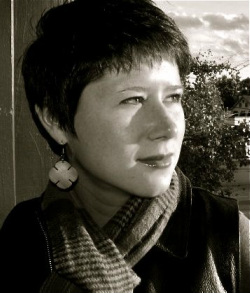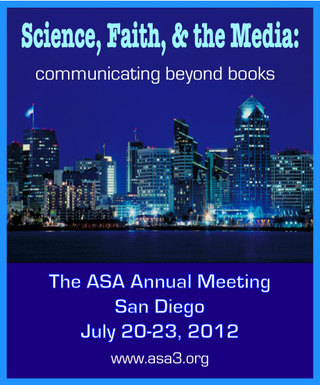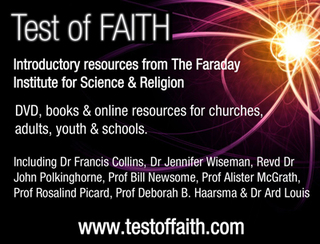
Everyone’s got an opinion about it, what I do. In my first year as the Associate Director of Communications for the ASA, I’ve started cataloguing all the different ways there are to describe my job to the people I meet. Having these options awards me some small control over whether I do or don’t become ensconced, mid-bar scene or Bible study, in a drawn-out discussion of what working at the intersection of science and faith is like, whether there is such a metaphorical junction, and why I’m not just kidding myself that the mysteries of nature and the mysteries of the divine can be studied and understood better by those who cast their nets in more than one direction when trying to apprehend the meaning of life. Those who don’t voluntarily share their opinions about my job seem to be in one of two frames of mind: 1. They’ve perceived that most issues of science and faith are complex and often conflict-generating. Aware of the limits of their own knowledge, they aren’t entirely sure of their footing and are content to keep silent. 2. Puerile politics and narrow-mindedness have blinded them to the fact that there’s stimulating and productive dialogue taking place in the world of Christians in science (and Muslims, and Jews, and Buddhists, et al…) so that this whole endeavor appears to them like a really big waste of time. And they don’t want to hurt my feelings by saying so. I imagine my ASA staff colleagues, most having worked here far longer than I, know how to state their occupation in a crowded room without raising eyebrows or feeling the conversational weight shift beneath them. But I also imagine they’ve got the advantage of age—that even the most opinionated stranger might assume their beliefs have been shouldered on years of traversing the science/faith landscape, and therefore, making a lot of bold declarations would be unproductive. By contrast, being smack-dab in my mid-twenties, I’m not usually granted the benefit of the doubt—understandably so—since true knowledge of any subject comes from a blend of reason, education, and experience, and it isn’t likely I’ve had enough of the latter to identify patterns and reach conclusions based on my personal observations. When I’m confronted by aggressive public pontificators, I tend to hang back and quote the wisest of the people whose opinions I also share—all the while hoping I’ve chosen the “right” role models, and that one day, I, too, will have solid theories and thoughts to contribute. What continually surprises me is that my own job description could become such a no-fail conversation generator. I also never expected to feel increasingly sure and shy about the things I most desire to say that I know. I’m starting to accept that this crossroads of two often diametrically different ways of knowing will always produce powerful emotions within everyone who takes a moment to really consider its key questions—how, and even more perplexingly, why?—and that nothing worth thinking very deeply about is ever going to be easy to explain. God and Nature is the ASA’s way of both broadening and sharpening the larger dialogue. A place where writers and scientists share their thoughts and reflections on a range of relevant topics, in a way that’s unthreatening and encourages consideration rather than conflict. It’s meant to be, simultaneously, a meditation, a levitation, a challenge, and a comfort to everyone who desires deeper understanding of the reconciliation of modern science with Christian faith. My deepest thanks go out to the columnists, contributors, and sponsors who make this project possible. No matter where we’re coming from, or where this conversation takes us, it will be worth the time and effort we took to generate it. --Emily Ruppel |



